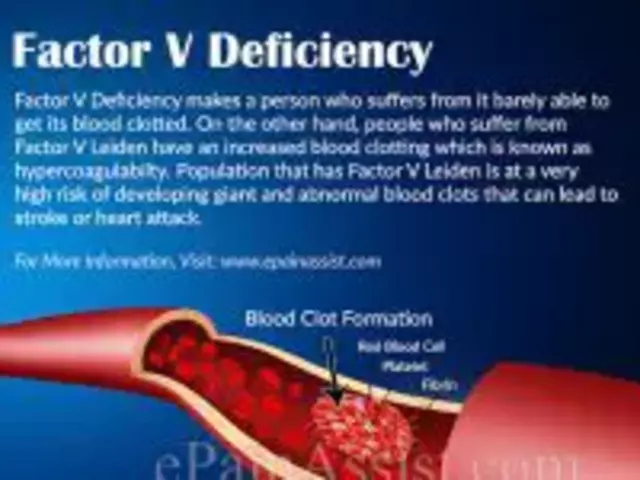Duchenne Muscular Dystrophy: Overview & Resources
When you read about Duchenne Muscular Dystrophy, a severe X‑linked disorder caused by mutations in the dystrophin gene that leads to progressive muscle wasting. Also known as DMD, it predominantly affects boys and usually appears before age five. It is a specific type of muscular dystrophy, the broader family of hereditary muscle‑degeneration conditions. Early genetic testing pinpoints the exact mutation, which is crucial for family planning and enrollment in emerging therapies.
Key Aspects of DMD
Because DMD eliminates dystrophin, researchers focus on gene therapy that delivers a functional copy of the gene to muscle cells. Clinical trials show that micro‑dystrophin vectors can slow muscle loss and improve walking distance. At the same time, most patients develop cardiomyopathy as the heart muscle weakens, making regular cardiac monitoring a non‑negotiable part of care. Comprehensive programs combine steroid medication, cardiac drugs, and physical therapy to maintain mobility and protect the heart.
Beyond these core topics, the collection below covers practical advice on nutrition, assistive devices, and coping strategies for families. You’ll also find updates on FDA‑approved exon‑skipping drugs and real‑world outcomes from patient registries. Whether you’re a caregiver, a medical professional, or someone newly diagnosed, the resources here aim to give you clear, actionable information. Duchenne Muscular Dystrophy management is a moving target, and staying informed makes a real difference—so dive into the articles ahead to see what’s new and how you can apply it today.

- Sep 25, 2025
- Posted by Cillian Osterfield
Duchenne Muscular Dystrophy: How Orthopedic Care Improves Mobility
Explore how orthopedic care tackles the musculoskeletal challenges of Duchenne Muscular Dystrophy, from scoliosis surgery to contracture management.
Categories
- Health and Wellness (72)
- Medications (68)
- Health and Medicine (28)
- Pharmacy Services (12)
- Mental Health (9)
- Health and Career (2)
- Medical Research (2)
- Business and Finance (2)
- Health Information (2)
©2026 heydoctor.su. All rights reserved





